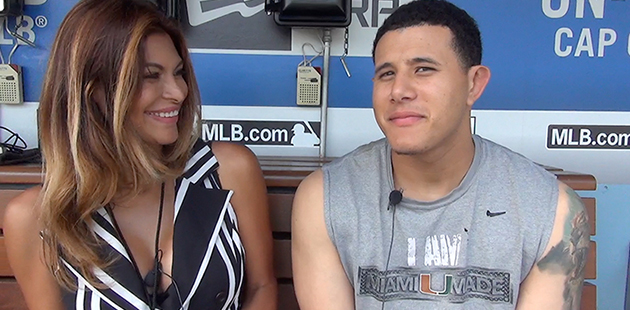Oh Manny, be gentle on the Orioles
BALTIMORE – Now comes that moment when the gods of baseball pour salt into the wounds of the Baltimore Orioles. The year’s not embarrassing enough? Now Manny Machado’s coming to town, just in time to remind us of the glory that might have been.
He’s been gone nearly a year now, and so have Orioles’ hopes of 2019 pride. Manny was unloaded, and so were Jonathan Schoop and Zach Britton, and Kevin Gausman and Darren O’Day and, later, Adam Jones. Each one a star, or a might-have-been.
What’s happened since then is a mixed bag, except for two things: The Orioles keep losing, and Machado keeps driving toward the Hall of Fame.
Will fans at Orioles Park (however many show up) cheer Machado when he and his San Diego Padres arrive Tuesday, or will they boo him? After all, it wasn’t Manny’s choice to be traded away a year ago. It was baseball’s murderous economics, which penalizes every medium and small-market team, that convinced the Orioles to unload their biggest names (and, except for the lamentable Chris Davis, their biggest salaries).
As baseball heads toward the mid-season mark, the Orioles have less than two dozen wins. There’s no question they’d have won more if they had held onto some of their departed stars.
Entering the weekend, Machado had 15 homers and 43 rbi’s, Schoop had 12 homers and 33 rbi’s, and Jones had 13 homers and 40 rbi’s. They’re all hitting around .270. Britton’s been solid in relief.
(On the other hand, Gausman’s 2-and-6 with an ERA over 6 runs a game, and O’Day’s been out all year with injuries.)
But Machado’s arrival this week is a reminder to all teams of the modern unfairness of the game’s runaway salary inflation. Manny’s getting $300 million over the next 10 years. That kind of money’s simply out of the Orioles’ league.
It also leaves most teams in a precarious position. They develop talent, they invest money. And then, precisely as players begin to blossom into their most productive years, the teams lose control of their contracts. Stars go where the money is – which happens, mostly, to be big-market teams. The small-market teams have to start all over again, the way the Orioles are now.
Machado should have been an Orioles lifer. Since the dawning of modern Orioles baseball, the system has produced exactly four Hall of Famers – Brooks Robinson, Jim Palmer, Cal Ripken and Eddie Murray.
Four Hall of Famers – in two-thirds of a century. They don’t come along very often.
Machado might have been a fifth. He might have gone on to become the greatest player in the entire history of the franchise. Instead, they had no choice but to deal him. And that’s the same dilemma faced, year after year, with baseball’s modern financial distance between the haves and have-nots.
The Orioles play in the same division as the Boston Red Sox and their $226 million payroll, and the New York Yankees and their $217 million payroll. The Orioles payroll is $74 million – barely one-third of the big boys.
Our reminder of these inequities arrives this week. Hello, Manny, we hardly knew ye. But San Diego will know you for the next 10 years.
Will Orioles’ fans cheer him or boo him this week? That depends. If we cheer, we’re cheering the ballplayer. If we boo, we’re booing the system that made Baltimore send him away.
Feature photo: L.A. Post-Examiner reporter Claudia Gestro interviews Manny Machado.

Michael Olesker, columnist for the News American, Baltimore Sun, and Baltimore Examiner has spent a quarter of a century writing about the city he loves.He is the author of several books, including Michael Olesker’s Baltimore: If You Live Here, You’re Home, Journeys to the Heart of Baltimore, and The Colts’ Baltimore: A City and Its Love Affair in the 1950s, all published by Johns Hopkins Press.

